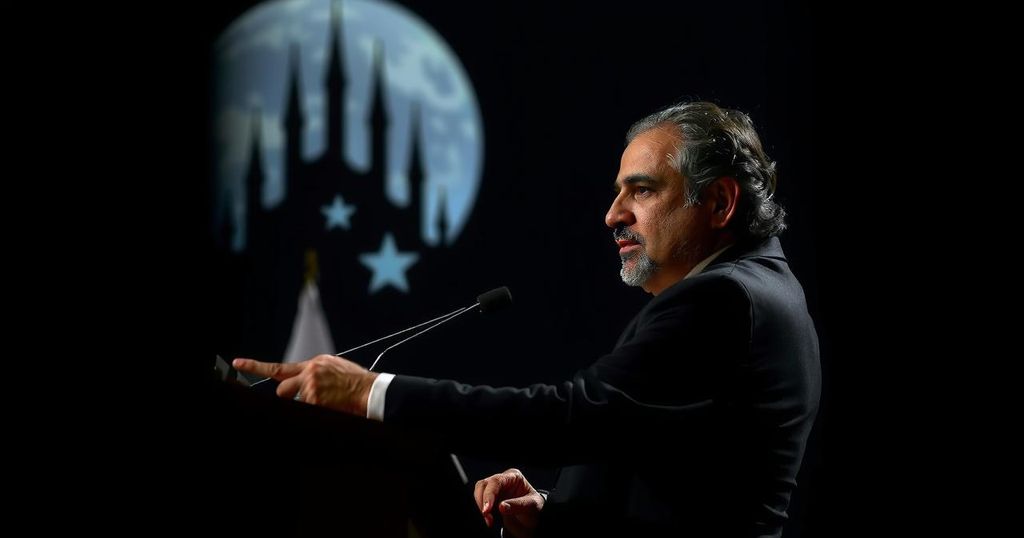Yezid Sayigh: Insights on Regional Politics and Military Dynamics in the Middle East
Yezid Sayigh serves as a senior fellow at the Malcolm H. Kerr Carnegie Middle East Center in Beirut, where he leads the program on Civil-Military Relations in Arab States (CMRAS). His extensive research encompasses the political and economic functions of Arab armed forces, the repercussions of warfare on states and societies, and the dynamics of postconflict reconstruction alongside the transformation of security sectors within Arab transitions, as well as the resurgence of authoritarianism in the region.
Previously, Mr. Sayigh held distinguished academic and research positions at King’s College London, the University of Cambridge, and the University of Oxford. From 1998 to 2003, he directed the Middle East program at the International Institute for Strategic Studies in London. He has also played a significant role as an adviser and negotiator for the Palestinian delegation during peace negotiations with Israel, leading the Palestinian interest in multilateral discussions on Arms Control and Regional Security from 1991 to 1994. Since 1999, his consultancy contributions have focused on policy and technical aspects of the permanent-status peace talks, alongside efforts toward Palestinian reform.
As a prolific author, Mr. Sayigh has produced a substantial body of work, with recent publications including “Throwing Down the Gauntlet: What the IMF Can Do About Egypt’s Military Companies” (April 2022), “Retain, Restructure, or Divest? Policy Options for Egypt’s Military Economy” (2022), and “Praetorian Spearhead: The Role of the Military in the Evolution of Egypt’s State Capitalism 3.0” (2021). His earlier works include “Owners of the Republic: An Anatomy of Egypt’s Military Economy” (2019), “Dilemmas of Reform: Policing in Arab Transitions” (March 2016), and “Crumbling States: Security Sector Reform in Libya and Yemen” (June 2015), among several others. Notably, he is recognized for his award-winning book, “Armed Struggle and the Search for State: The Palestinian National Movement, 1949-1993” (Oxford, 1997).
Recent developments indicate that the resignation from his leadership role suggests a significant retreat by Egypt’s president from efforts to privatize military-owned enterprises. Meanwhile, ongoing Israeli military actions coincide with diplomatic discussions in Egypt, spotlighting the interplay between national armed forces and private business sectors as a critical perspective for understanding political dynamics across various countries in the Global South. This trend is characterized by increased military political activism, often aligned with commercial ambitions, emphasizing the substantial influence of these relationships.
Moreover, the Biden administration’s approach to the situation in Gaza, particularly concerning the envisioned post-conflict scenario, appears fraught with peril without a firm commitment to Palestinian statehood. Despite a growing number of Western nations acknowledging Palestine, the United States’ opposition to Palestinian independence continues to exacerbate regional tensions, warns Mr. Sayigh.
Alongside this complex political landscape, Israel seems to be weightily invested in avoiding the escalation of conflict to northern territories, given several strategic considerations tied to the ongoing situation in Gaza. To further explore the long-lasting political ramifications of this conflict and its potential to shape political landscapes in Palestine and the broader Middle East, the Malcolm H. Kerr Carnegie Middle East Center has scheduled a panel discussion on December 14 at 3:00 PM Beirut Time, featuring prominent experts such as Marwan Muasher and Maha Yahya.
Finally, under the leadership of Abdel-Fattah el-Sisi, Egypt has increasingly transitioned towards a military-dominated governance structure. The implications of potential Israeli actions affecting Palestinian populations in Gaza and the West Bank are discussed by Yezid Sayigh, Joost Hiltermann, and Marwan Muasher, reflecting deep regional concerns.
As Egypt navigates a critical environmental crossroads, climate change poses significant threats to its economy, sovereignty, and stability. The potential consequences of sustaining a status quo approach or maladaptive strategies could lead to severe adverse outcomes for the country. Therefore, urgent, informed action is necessary to secure a viable future for Egypt amidst these pressing challenges.








Post Comment